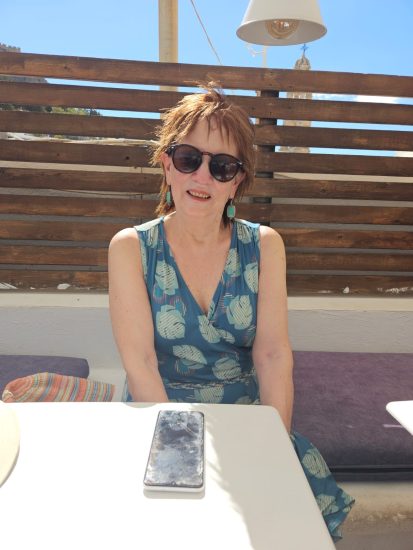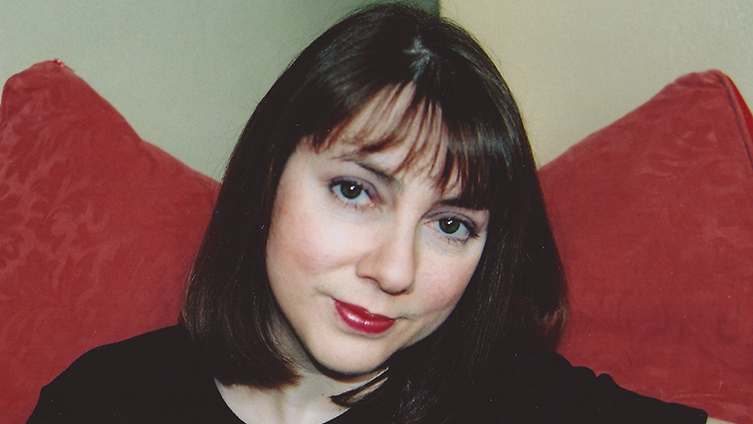 Shutterstock / Elnur©
Shutterstock / Elnur©How do you write plot twists, and do they improve the story? First off, it’s best to explain what a plot twist is . . .
A plot twist creates an unexpected turn of events. It surprises the reader, amounting to positive or negative results for your characters. It doesn’t have to happen at the end of a story, which is commonly known as twist in the tale, but can occur anywhere, and multiple times.
A twist works best when it occurs naturally through your characters. People, or should I say emotions, can be unpredictable, so what better way to show this than through unforeseen actions.
This doesn’t mean you have to tarnish your characters for the sake of surprise — you still want to create reader empathy.
A character with an impulsive nature isn’t necessarily a bad thing in “heart rule the head” scenarios. A suitable twist could then amount to wrong decisions made by your characters, or tricky situations for them to navigate through.
Don’t cheat the reader
Fans of George R.R. Martin’s “A Song Of Ice And Fire” fantasy world (commonly known as “Game Of Thrones” these days, thanks to the TV series) will know the writer has a tendency of shocking the reader/viewer. Red Wedding anyone? Even then, it is done in such a way that it is believable in regards to the story.
I might not like the direction a storyline takes, but I can at least understand the reasons for such bold writing. The goal of the plot twist is to keep the reader engaged and emotionally involved with the characters.
Crime and mystery lend themselves to twists and turns more easily than a romance story, but the latter can certainly still work.
Henry James’ “The Wings Of The Dove”, published in 1902, is a novel with many moral twists, culminating in the validity of true love.
If you want to write successful plot twists, you can always introduce “will they, won’t they” story moments, keeping the reader guessing as to what happens next.
The result might not be what was the reader was expecting, but as long as you provide a realistic outcome, a story will often be all the richer for it.
For more writing tips from “The People’s Friend”, click here.




